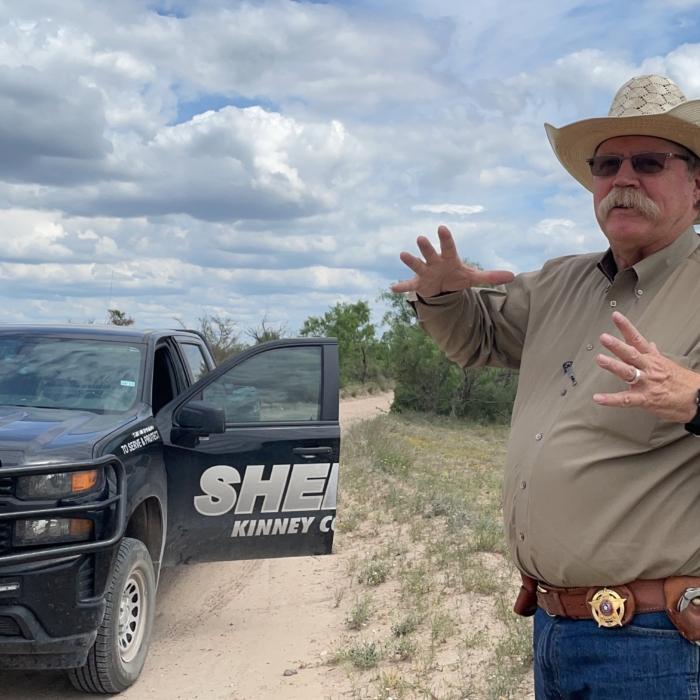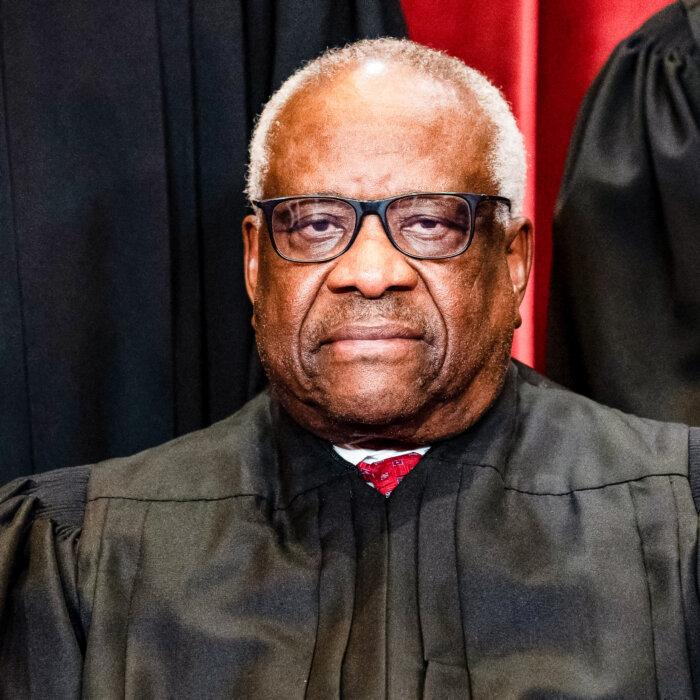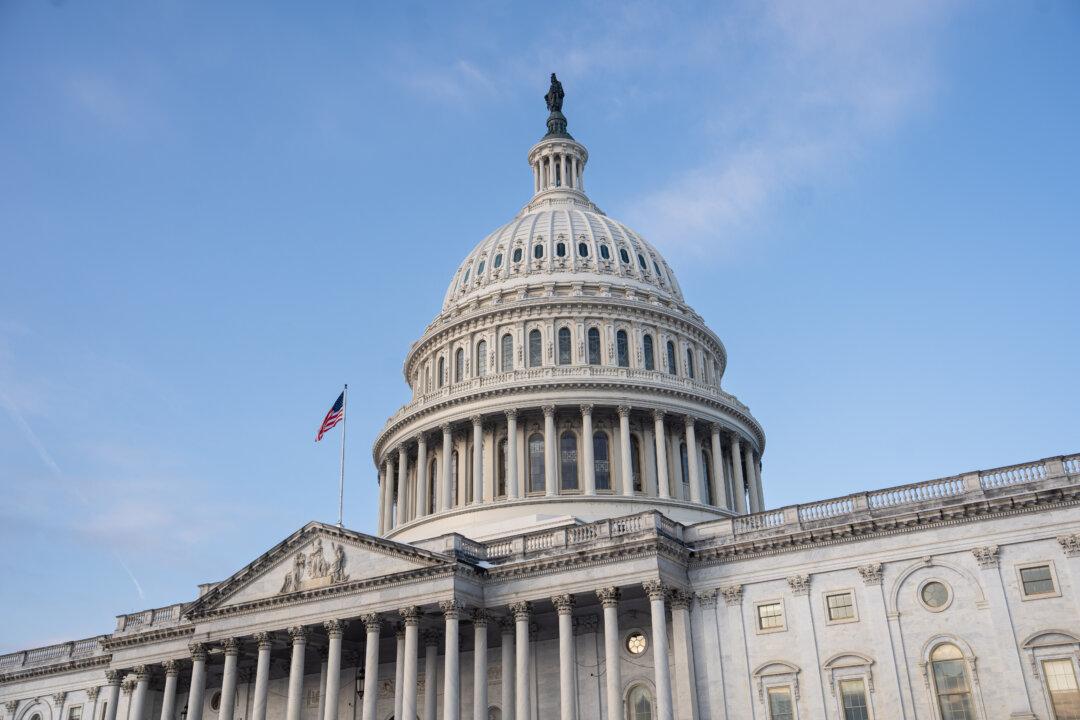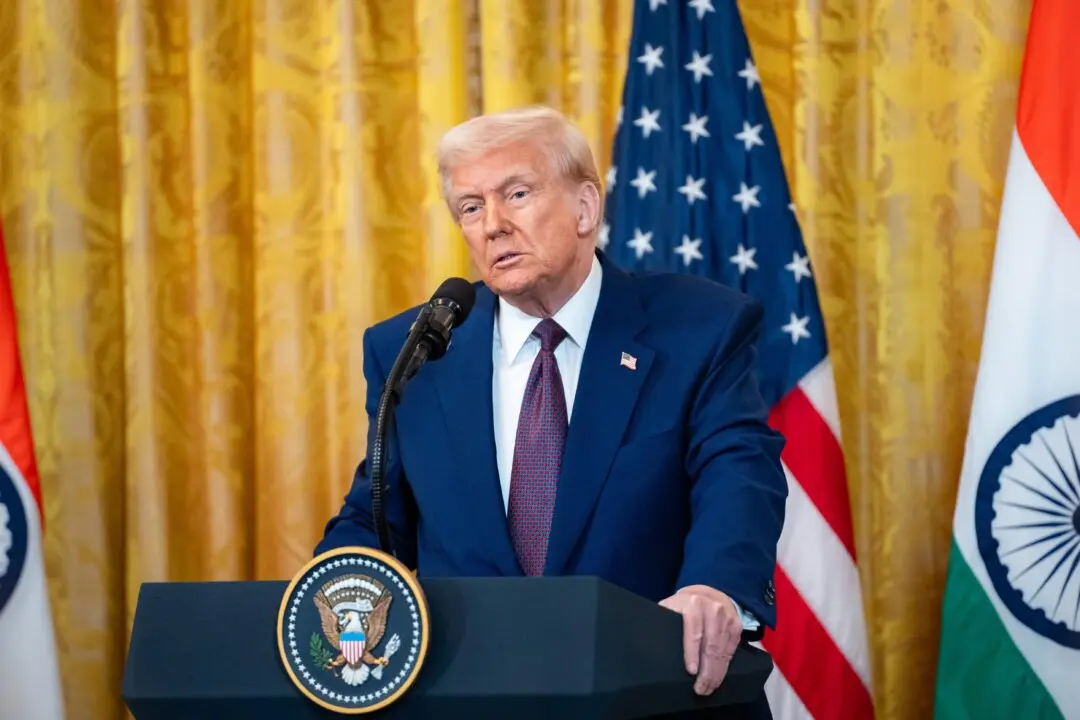The non-profit organization Don’t Mess With Our Kids held rallies at state capitols all around the country on Saturday, April 13. The organization’s goal is to shed light on the importance of religion—and of protecting our children.
In Austin, Texas, nearly 1,500 people were in attendance, with each wearing either pink or blue in accordance with their gender. The gathering was not a political rally, but a time to fast and pray for the situation in which our country finds itself. This American organization was started in 2021 by a Portland, Oregon mother named Jenny Donnelly, who grew concerned with what she was seeing in her hometown.
However, the roots of the movement originally stemmed from South America in 2016, where radical changes in gender policy were being actively promoted.
Con mis hijos no te metas (CMHNTM, in English: ‘Don’t Mess With My Children’) is a social movement born in Lima, Peru, on Dec. 26, 2016, in opposition to the public gender development policies of the Peruvian government in education and other areas of public administration that were part of the 2017 national curriculum.
Who Is Promoting Gender Ideology?
The most overt source of pressure for changing the national curriculum is the United Nations, through its Organization for Education, Science, and Culture (UNESCO). In 1990, the positive-sounding initiative “Education for All” (EFA) was adopted by the United Nations to create global standards for education in every member country. In 2000, UNESCO was given the lead over six specific goals, including gender equality in education, to be achieved by 2015.In 2011, UNESCO convened an international meeting in Paris on “homophobic bullying in educational institutions,” and began interpreting the EFA goal regarding equal access to education as having special application to “LGBT” students.
This initiative culminated in UNESCO’s report “Out in the Open”—which was funded by the government of the Netherlands to the tune of almost $400,000, accompanied by a ministerial meeting, and promoted in a video (co-sponsored by Norway). This was a new commitment to develop “inclusive” curricula, namely materials and monitoring tools against “homophobic and transphobic violence.”
As the Center for Family and Human Rights (C-FAM) pointed out in an October article titled “UNESCO Promotes ‘LGBT Rights’ for Children,” the United Nations is “using bullying as a pretext to mainstream homosexuality among children.”
Peru’s resident UN coordinator, Maria del Carmen Sacasa, congratulated Peruvian President Pedro Pablo Kuczynski and his government by letter in March for achieving steps toward “gender equality,” although the disputed aspects went beyond the need to offer girls equal access to learning. The letter seemed timed to counter anti-curriculum marches organized by “Don’t Mess With My Children.”






